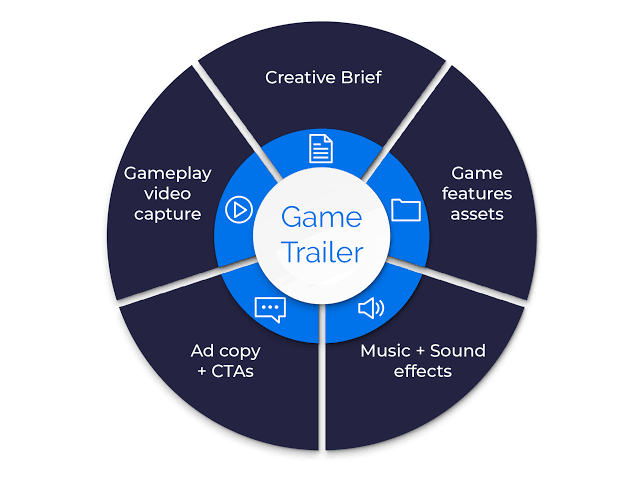
Several major software tools are widely used in game development across various stages of the process. Here are some of the most prominent ones:
- Game Engines:
- Unity: A versatile and widely-used game engine known for its ease of use and cross-platform capabilities. It supports 2D, 3D, VR, and AR development.
- Unreal Engine: Developed by Epic Games, Unreal Engine is known for its high-fidelity graphics and powerful features. It’s popular for AAA game development but is also accessible to indie developers.
- Godot: An open-source game engine with a strong focus on simplicity, flexibility, and community-driven development. It’s suitable for 2D and 3D games and has a growing user base.
- CryEngine: Known for its stunning visuals and advanced rendering capabilities, CryEngine is used in the development of high-end games and simulations.
- 3D Modeling and Animation:
- Autodesk Maya: A comprehensive 3D animation and modeling software used for character animation, environment creation, and visual effects.
- Blender: An open-source 3D creation suite that includes modeling, animation, rigging, simulation, rendering, compositing, and motion tracking.
- 3ds Max: Another Autodesk product, 3ds Max is widely used for modeling, animation, rendering, and visual effects in game development and other industries.
- Graphics and Textures:
- Adobe Photoshop: A versatile raster graphics editor used for creating and editing textures, concept art, and other visual assets.
- Substance Painter: A 3D painting software widely used for texture painting and material authoring. It offers a range of procedural tools and workflows for creating realistic textures.
- Substance Designer: Used for creating complex, procedural materials and textures. It’s often used in conjunction with Substance Painter for a seamless texture creation pipeline.
- Sound and Music:
- Wwise: A powerful audio middleware tool used for interactive audio design, music implementation, and sound effects in games.
- FMOD Studio: Similar to Wwise, FMOD Studio provides tools for interactive audio creation and implementation, allowing developers to create dynamic and immersive sound experiences.
- Audacity: An open-source audio editing software used for recording, editing, and mixing sound effects, voiceovers, and music tracks.
- Version Control:
- Git: A distributed version control system widely used for managing source code, assets, and project files in game development. Platforms like GitHub, GitLab, and Bitbucket provide hosting and collaboration features for Git repositories.
These are just a few examples of the major software tools used in game development. Depending on the specific needs of a project and the preferences of the development team, other tools and software may also be utilized.
